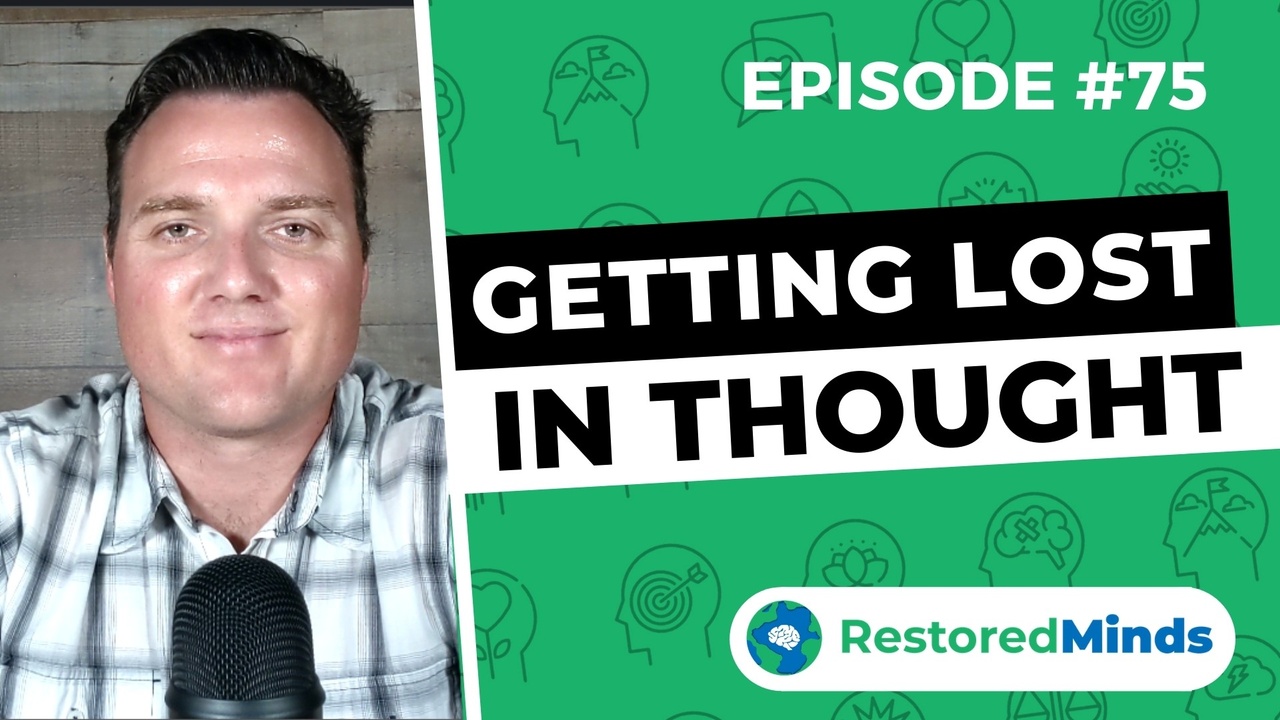Getting Lost in Thought
Mar 05, 2021
How to Overcome Getting Lost in Thought: Practical Tips to Regain Focus
Understanding the Concept of Being Lost in Thought
Getting lost in thought happens when our consciousness becomes deeply entangled with an idea or worry. Matt, our presenter, explains that this often leads us to feel overwhelmed or even "crazy." But what's really going on here? According to Matt, we have two levels of consciousness at play: the thinking mind and the observing mind.
The Thinking Mind vs. The Observing Mind
Albert Einstein famously talked about the intuitive self versus the rational mind. Our society tends to honor the rational, thinking mind, often neglecting the intuitive, observing self. When our thinking mind starts to consume us, it can lead to endless loops of worry and stress.
How to Recognize When You're Lost in Thought
The first step to overcoming this issue is to simply notice when you're lost. Matt emphasizes that just recognizing this state is crucial. You might find yourself lost in thoughts about almost anything—an old relationship, a stressful work deadline, or even a high school reunion.
"Just noticing that you're lost, even making a mental note about it, can be incredibly helpful," says Matt.
Steps to Bring Yourself Back to the Present Moment
-
Notice You’re Lost: The first step is awareness. Notice when you're caught up in your thoughts.
-
Stop Trying to Solve the Problem: Understand that going deeper into your thoughts often won't resolve the issue. Instead, come back to the present moment.
-
Practice Mindfulness and Meditation: These practices are excellent ways to train your mind to stay present. Mindfulness involves paying attention to the here and now, while meditation helps in calming the mind.
-
Consistent Practice: Matt advises practicing this continually. "If you need to come back to the present moment a thousand times a day, that's okay."
Why This Practice is Important
Mindfulness and the awareness of being lost in thought can significantly improve your mental well-being. Most worries, as Matt points out, “99% of the things we worry about never happen.” Therefore, learning to disengage from these unproductive thought loops can make a massive difference in your day-to-day life.
Conclusion
Overcoming the habit of getting lost in thought is no easy feat, but with consistent practice and the right techniques, you can regain control over your mind. We hope you found these tips helpful.


